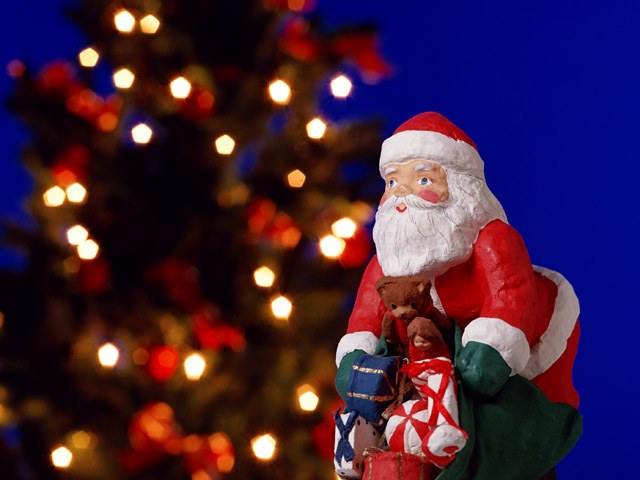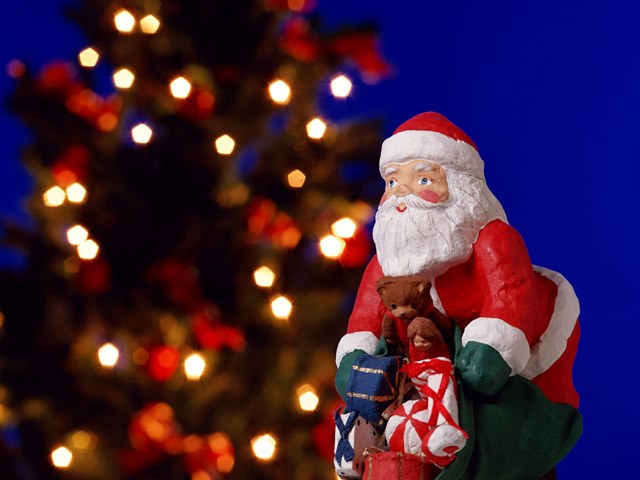Why celebrate the old New Year
Why celebrate the old New Year
Celebrating the Old New Year of the year Became a good tradition for Russians. Most often it is celebrated by gathering in a close circle of relatives and friends at a festive table. When and why did this holiday come about?

The Old New Year arose together with a change in the chronology. The fact is that the celebration of the New of the year January 1 was established by Peter I in 1699. It was from that time that Russia began to live according to the Julian calendar. And in 1918 our country began to count the days of the Gregorian calendar, i.e. on the calendar of the "new style", which is 13 days ahead of the Julian calendar. At that time, the Bolsheviks simply "abolished" the extra 13 days, deciding that the population of the country would calmly pass to the European calendar and, therefore, the New Year would move. However, the Christian church did not accept this order and continued to celebrate its holidays according to the Julian calendar - the "old style". This is why, due to the rejection of the new calendar, the Old New Year appeared. However, it is noted not only by strict adherents of church customs. This holiday has perfectly taken root among the population, and is the continuation of the traditional New of the year. So the inhabitants of our country from of the year A year celebrate one and the same holiday for twoCalendars. Interesting is the fact that the difference in the number of days between the two styles is gradually increasing. So if in the XX-XXI centuries the Old New Year falls on January 13, then in 2100 it will be celebrated a day later. Earlier, New Year's Eve of the year Was called Vasiliev in the evening, and the next one after himDay - the day of Basil of Caesarea or Vasily the Bountiful. It was decided to cover a rich table, full of plenty of meat, all kinds of snacks and salads. On the same day, various rituals and fortune-telling were performed. Recently, the Old New Year is celebrated as an independent, separate holiday. And many people do not even know the history of its origin. January 13 is an excellent occasion for a quiet family celebration, not accompanied by the usual pre-New Year's troubles and bustle. The tradition to celebrate the New Year on the Julian calendar has been preserved in some other countries. They celebrate it in Serbia, Montenegro, Switzerland, Romania and even in Wales.







